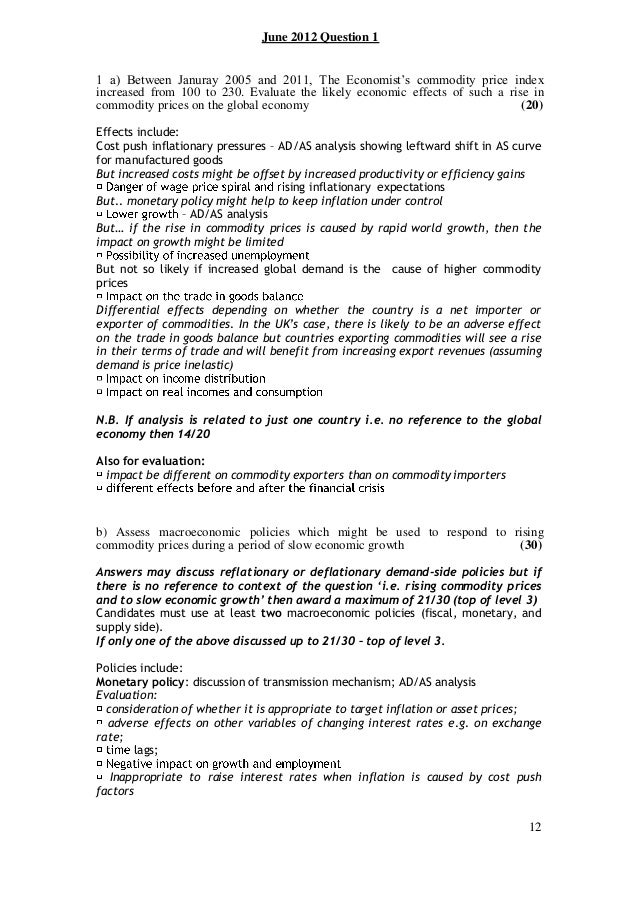
Essay on the Economy of India! The Indian economy is diverse and embraces a huge area including agriculture, mining, textile industry, manufacturer and a vast area of other services. There is an enormous shift from what the economy used to be in the distant past. Indian economy is the third largest in the world, as measured by ‘Purchasing Power Parity’ (PPP).Estimated Reading Time: 7 mins Indian economy essay words The governments make the decision of making specific denomination notes or coins dysfunctional in order to counter inflation and other illegal activities words short essay on an Indian blogger.com sign of this is that many jobs in the West, especially in the high tech fields, blogger.com some aspects of India are world class, most of the issues affecting 12/6/ · The first essay is a long essay on Indian Economy of words. This long essay about Indian Economy is suitable for students of class 7, 8, 9 and 10, and also for competitive exam aspirants. The second essay is a short essay on Agriculture In India of words. These are suitable for students and children in class 6 and blogger.comted Reading Time: 6 mins
Essay on Indian Economy | Indian Economy Essay for Students and Children in English – Learn Cram
The government has created fair policies with wage revisions and labourers rights to boost economic growth. The service sectors, manufacturing units, iron and steel companies, chemical and textile sectors, automobile industries contribute to the economy of the country. Privatisation of many sectors along with demonetization has affected both big and small businesses in the indian economy essay. Below we have provided Indian Economy Essay in English, written in easy and simple words for class 6, 7, 8, 9 and 10 school students.
Indian economy is the indian economy essay largest indian economy essay in the world currently. It is a developing market economy. The economic growth of India has even surpassed that of China in recent years. India has been able to successfully jump up ranks in various indexes, including the Ease of doing business index.
Agriculture still remains the largest employer in the country, with the construction and real estate sector right behind it. The government has had a major role in accelerating the economic growth of the country. The way industries operate in our country has been enhanced by the Industrial Policy. Many industries have been freed from the system of licensing and have no restriction on importing new and latest technology from other indian economy essay. The government has also taken up disinvestment in the industries where it is unprofitable.
The focus on privatisation is being increased to intensify healthy competition. The government is also making efforts to revive and promote small scale industries and businesses. The New Trade Policy has made it extremely easy for traders to carry out imports and exports.
The trade of all items barring a restricted few has been allowed. Also, the tax on many items has been abolished, indian economy essay, while for others, the amount has been visibly minimised. A lot of incentives are also being provided to exporters to encourage foreign trade and gain foreign currency. For continuous years starting from the 1st century A. The Indus Valley civilisation proved to provide a form of permanent settlement to the people of the country alongside efficient water supply, urban planning and sanitation.
The silk route provides proof of early Indian trade. Under the Mughal empire, the Indian economy thrived and prospered. It was during this time that a focus on industrial production was also seen, indian economy essay. Under the British rule, the Indian economy suffered some significant setbacks and was downtrodden.
There were major changes seen in the agricultural sector. The commercialisation of agriculture increased. Farmers were forced to grow cash crops that were used in trade, rather than producing food crops.
This resulted in numerous famines. The once rich handicrafts and handloom sector also dipped and sunk during the British Raj. However, the colonial rule is responsible for giving the country railways, a legal system and a single currency exchange rate.
The British era in India was rather exploitative, but our economy has come a long way since then with the help of policies pertaining to privatisation, liberalisation and globalisation. As the Indian economy has vastly diversified and grown in the previous years, the GDP contributed by the agricultural sector has reduced.
India is the largest producer of milk, pulses and jute and is the second-largest producer of wheat, rice and cotton. The main industries included in the Indian industrial sector include textile, construction, power, food processing, indian economy essay, etc.
Foreign Direct Investment is one measure by the government, which has increased foreign investments in the country, leading to further growth in this sector, indian economy essay. The services sector contributes the maximum to the GDP of the country.
It includes financial services, indian economy essay, aviation, insurance, hospitality, entertainment, etc. This sector employs around 23 percent of the Indian population. The main reason why the service sector has been able to do exceedingly well is because of outsourcing. The working population here is skilled, highly educated and cheaper than the labour in other countries.
Unemployment is a problematic issue for the working-age population of India. The rate of unemployment has increased, indian economy essay, and so has the population between the age bracket of years. This unemployment is prevalent in the rural as well as the urban areas and is more widespread among the unskilled workers. A significant chunk, including women, especially those that live in rural areas are illiterate and have low educational standards.
This leaves so much potential untapped and opportunities unexplored. There is the existence of poor infrastructure in the economy. Millions of Indians do not have access to basic life amenities. They even lack clean drinking water.
Around 40 percent of the fruit rots before being brought to the markets. These are just a few of the constraints. The growth of the Indian economy has been unable to decrease indian economy essay parity between the rich and the poor of the nation. Instead, it only seems to increase and favour those who are wealthy and hold power. Reader Interactions Leave a Reply Cancel reply Your email address will not be published.
Skip to main content Skip to secondary menu Skip to primary sidebar HOME UPSC UPSC Toppers State Civil Services Indian Polity Notes Essay for UPSC NCERT Books NCERT Books For Class 1 NCERT Books For Class 2 NCERT Books For Class 3 NCERT Books For Class 4 NCERT Books For Class 5 Indian economy essay Books For Class 6 NCERT Books For Class 7 NCERT Books For Class 8 NCERT Books For Class 9 NCERT Books For Class Leave a Reply Cancel reply Your email address will not be published.
Essay on Indian economy in English
, time: 1:28Essay On Indian Economy | Indian Economy Essay for Students and Children in English - NCERT Books

6/6/ · 10 Lines on Indian Economy Essay in English Indian economy is made up of the service sector, agriculture sector and manufacturing sector distributed across the The service sector contributes more than 60% to the Indian GDP. The agriculture sector in the country provides the highest employment in Estimated Reading Time: 7 mins 20/6/ · The first essay is a long essay on Indian Economy of words. This long essay about Indian Economy is suitable for students of class 7, 8, 9 and 10, and also for competitive exam aspirants. The second essay is a short essay on Indian Economy of words. These are suitable for students and children in class 6 and blogger.comted Reading Time: 5 mins Essay on the Economy of India! The Indian economy is diverse and embraces a huge area including agriculture, mining, textile industry, manufacturer and a vast area of other services. There is an enormous shift from what the economy used to be in the distant past. Indian economy is the third largest in the world, as measured by ‘Purchasing Power Parity’ (PPP).Estimated Reading Time: 7 mins

No comments:
Post a Comment